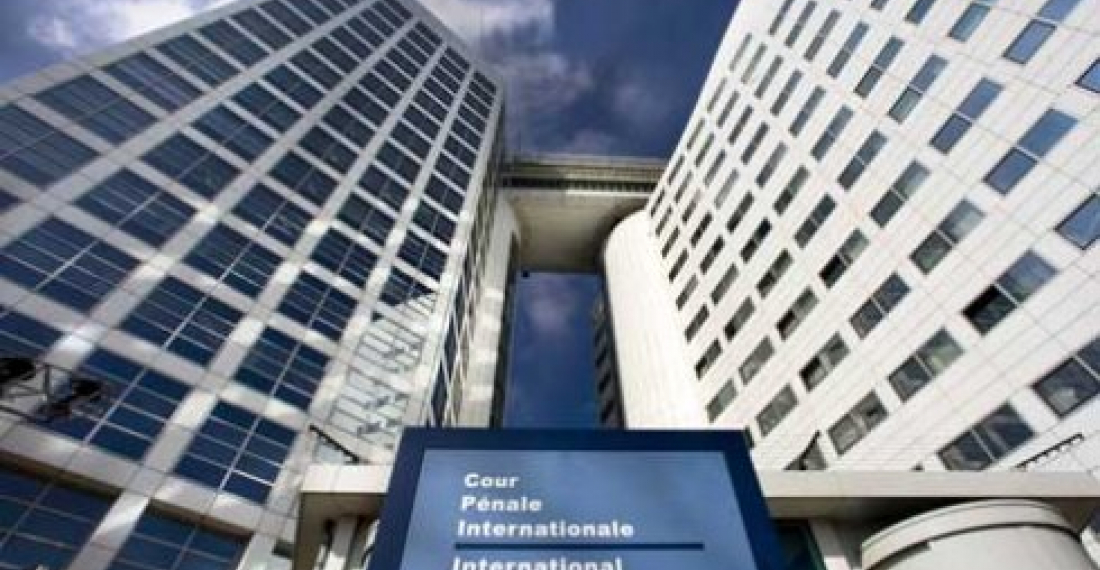In a speech in Strasbourg this week High Representative federica Morgherini spoke about the importance of the International Criminal Court. Her message is of particular importance in the Caucasus region
The situation in the Nagorno-Karabakh conflict zone remains tense, with daily reports of violations of the cease fire. The number of casualties continues to increase, and the killing of civilians, including the death this week of a two-year old Azerbaijani girl, continues to be absolutely unacceptable. Both sides accuse each other of gross violations of international humanitarian law. Anecdotal evidence suggests that there have been cases of violations of international humanitarian law. The danger of renewed hostilities raises the spectre of future atrocities.
Given this, the international community should strongly urge Armenia and Azerbaijan to sign and ratify the Rome Statute of the International Criminal Court. The relevance of the work of the court was this week highlighted by EU High Representative, Federica Morgherini. Justice is the only effective and sustainable response to violence, and the European Union will continue to be a strong supporter of the International Criminal Court and the United Nations, Mogherini told Members of the European Parliament addressing in Strasbourg a debate on human rights violations in the context of war crimes, and crimes against humanity, including genocide.
The message of Mrs Morgherini to MEPs has particular relevance for the ongoing situation in the Caucasus, where unfortunately only Georgia has signed and ratified the Rome statute.
As was pointed out by Mrs Morgherini, crimes against humanity can spark the next war, propagate conflict, or the next refugee crises. In a conflict situation, war crimes make post-conflict reconciliation much harder to achieve and our work more difficult also in the post-conflict phase. They destroy the very fabric of society, they spread fear and mistrust, opening wounds that may take decades and a lot, a lot of work to heal." For these reasons, High Representative Federica Mogherini said, the EU must work to prevent and address human rights violations as a matter of humanity and values, but also because doing so "is also a matter of interests and strategy".
The EU focuses strongly on prevention, including through early warning and by working closely with security forces in our partner countries, building their capabilities and training them on the respect of human rights. Last year alone, the European Union's aid for the prevention and response just to sexual and gender-based violence reached almost 3.5 million women, men, girls and boys.
But when crimes are committed, "we have a duty to address their consequences", said the High Representative. "And justice is the only effective and sustainable response to such violence. Because impunity generates more hatred, it often leads to revenge and to more suffering. So, justice is for us the only way towards reconciliation and sustainable peace."
The EU supports initiatives around the world to promote criminal justice, reparations, truth-seeking and institutional reforms - including in Syria, Iraq, Burundi and the Democratic Republic of Congo.
The EU also strongly supports the International Criminal Court, including with EUR 37 million in direct support since 2000, as well as with intense diplomatic activity to promote the universal ratification of the Rome Statute which underpins the Court.
"There is, there will be, and there cannot be any doubt about the EU's full support to multilateral global governance, based on international law, on human rights, and on strong international institutions", said Mogherini. "The European Union will continue to be a strong, reliable and indispensable partner for the UN, and for all who believe that violence must be met with justice, and reconciliation."
This is a message that needs to be repeated clearly and often in the Caucasus region.
The full speech of HR Federica Morgherini at the European parliament is available here
Source: commonspace.eu with the press service of the European External Action Service







